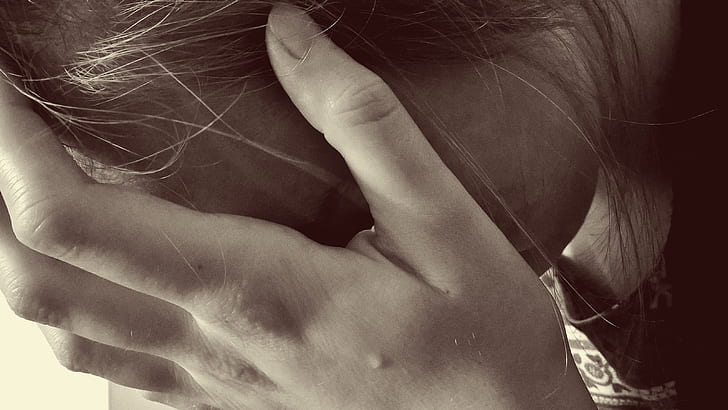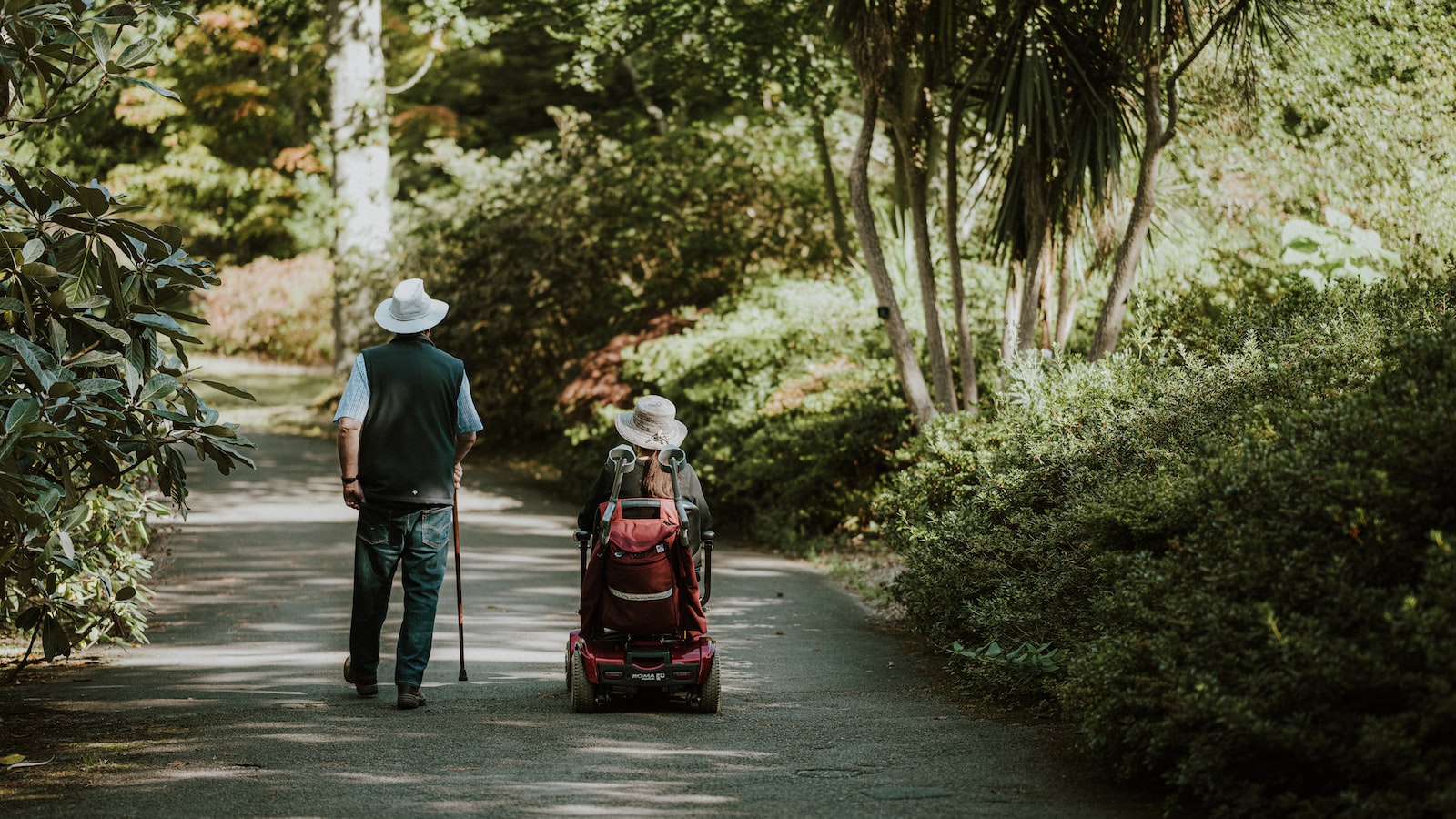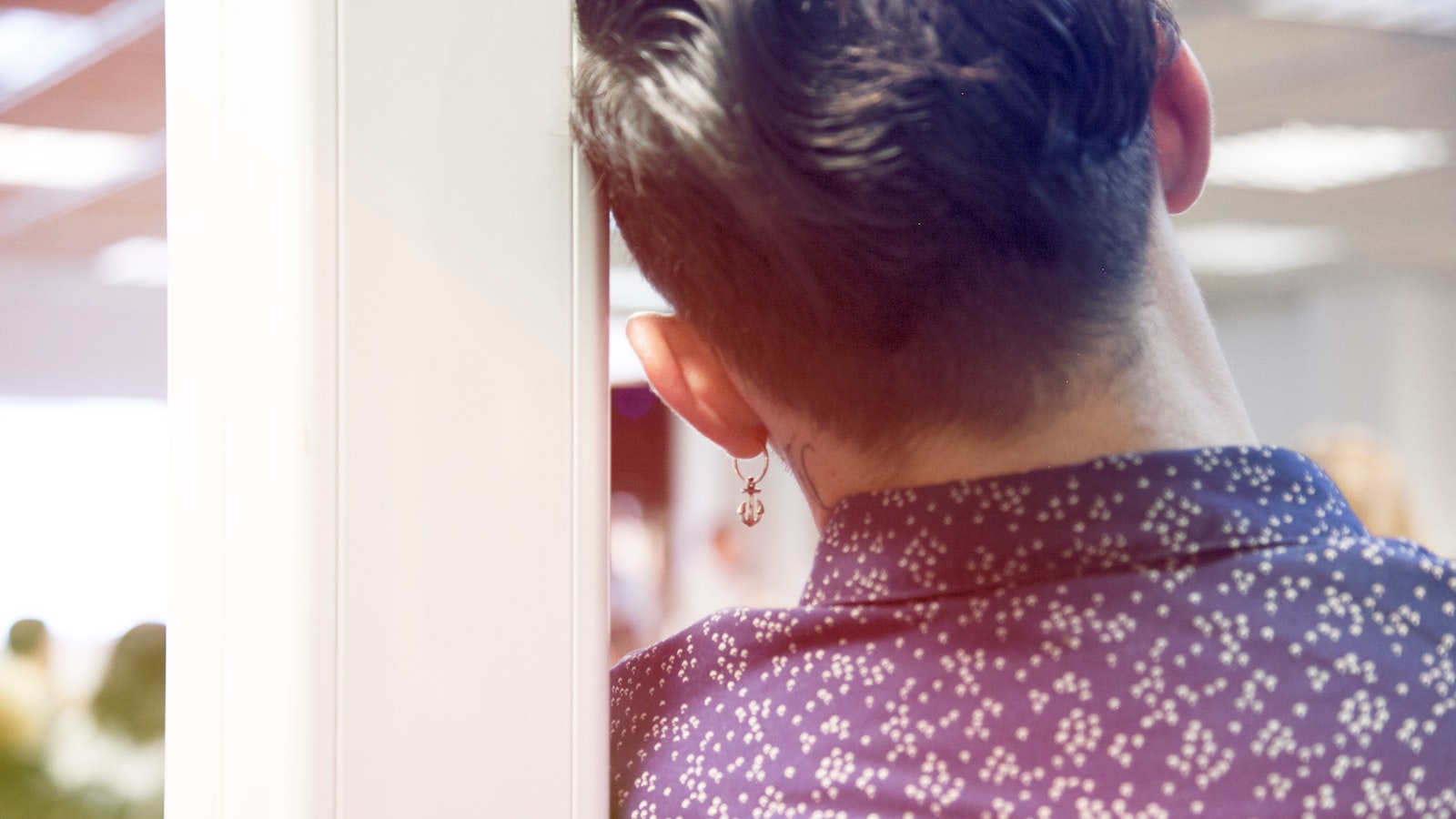Our hearing is one of our most valuable senses, though it is often taken for granted. Protecting our ears should be at the top of our health priority list. In this article, we’ll discuss why ensuring the proper health of our ears is so important and how we can safeguard our hearing. So, buckle up and join us for a journey into the vital importance of hearing conservation!
1. The Impact of Unprotected Hearing
Journey to Unprotected Hearing
Hearing is one of our most precious senses and its impact on day-to-day activities cannot be underestimated. It helps us to interpret the world around us, process speech, and converse with others in meaningful ways. Unfortunately, when it comes to hearing protection, many people make the dangerous mistake of going without. Without protection, sound is free to enter the ear undeterred, damaging delicate hairs within the inner ear and impairing one’s hearing permanently.
Impact of Unprotected Hearing
Exposure to loud sounds can result in hearing loss that is often permanent. Common symptoms include a ringing or buzzing in the ears (tinnitus), partial hearing impairment in one or both ears, decreased ability to hear out of background noise, and even complete deafness. Even small doses of noise can cause ongoing hearing problems, so it’s important to know how to protect yourself. Unprotected hearing may also increase the risk of developing annoying symptoms such as fatigue, stress, and irritability.
It’s important to be mindful of your hearing protection:
- Wear earplugs when exercising, swimming, or playing in a loud environment.
- Wear digital hearing protection, such as custom earmolds, when playing loud noise in any environment.
- Be aware of the environment you’re in so you can adjust the sound appropriately.
Taking these steps will help to preserve your hearing for many years to come.
2. Preventive Measures to Preserve Your Hearing
Protect Your Ears with Daily Habits
- Wear ear protection in noisy places like construction sites, concerts, nightclubs and other ones that expose you to loud sounds over the course of time.
- Lower the volume when listening to Audio Devices.
- Give your ears rest from loud noises and sound everyday for atleast 15 minutes
- Avoid excessive cleaning of the ear canal with swabs and other objects.
Stay away from Harmful Practices
- Limit the use of ear sticks, ear buds and other products that can lead to infection.
- Avoid inserting any object (other than your fingertip) inside the ear canal.
- Keep the ears dry and avoid water related activities like swimming which can lead to ear infections.
- Do not tolerate the habit of listening music loudly and for long durations.
- Be careful while using hearing devices like hearing aid to ensure it doesn’t cause any secondary damage.

3. Strategies for Managing Noise Overload
In a day and age where the world of technology is constantly connected to each other, it can be easy to feel overwhelmed by the sheer amount of noise that is bombarding us from all directions. When managing noise overload, it’s important to adopt strategies that keep our sanity in check and our productivity on track:
- Focus on what matters: Make sure to prioritize the tasks at hand and focus on what matters most to you. Identify which tasks require your immediate attention and cut back on the noise that distracts you.
- Create breaks of silence: Find moments to unplug and create intentional time for yourself where you can block out distractions and focus on yourself and your mental health.
These are just two strategies that can help us cope with noise overload. There are many other strategies that one can practice to help manage their mental health when dealing with stress and excess noise. Be sure to find a method that works best for you!

4. Understanding the Benefits of Hearing Conservation
Our ears are an important part of our everyday lives. Without our hearing, we would not be able to communicate with others, pick up on warning signals, or enjoy the world’s beauty. This is why it’s so important to practice hearing conservation.
At its core, hearing conservation is simply making sure that you don’t abuse or overexpose your ears to any kind of loud noise that could cause permanent damage. Here are some simple yet effective ways to protect your hearing:
- Wear protective ear plugs or muffs when you’re around loud noises for long periods of time.
- Listen to music at lower levels when using headphones or earbuds.
- Be aware of your surroundings and take regular breaks away from loud noises.
- Get regular hearing screenings to make sure your ears are in good condition.
Often, hearing conservation can be as simple as paying closer attention to your environment and always being aware of potential hazards. Keeping your ears healthy is essential to enjoying life’s simple pleasures. By following these simple steps, you can ensure that your hearing remains in top shape and can appreciate the beautiful world around you for years to come.
Protecting your ears is key to preserving your hearing health, and hearing conservation requires effort, planning, and knowledge. Listening responsibly is an essential part of this process – take the time to educate yourself on the best practices. After all, nothing is more important than the health of your hearing!

